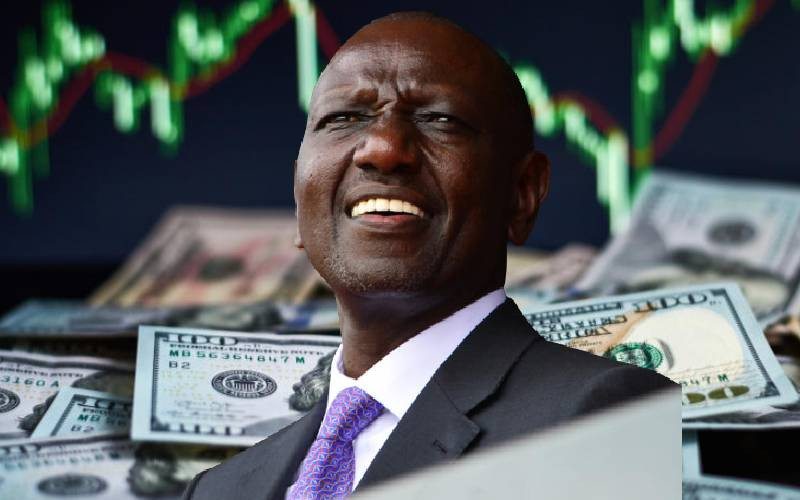×
The Standard e-Paper
Smart Minds Choose Us

President Ruto's quest to free Kenya and other African countries from the dominance of the US dollar and other foreign currencies in trade transactions has received regional backing with more countries saying the move is timely.
Uganda became the latest country to rally behind the President's call with it's Finance Minister Matia Kasaija endorsing the adoption of an African wide payment platform that undercuts the the US dollar.